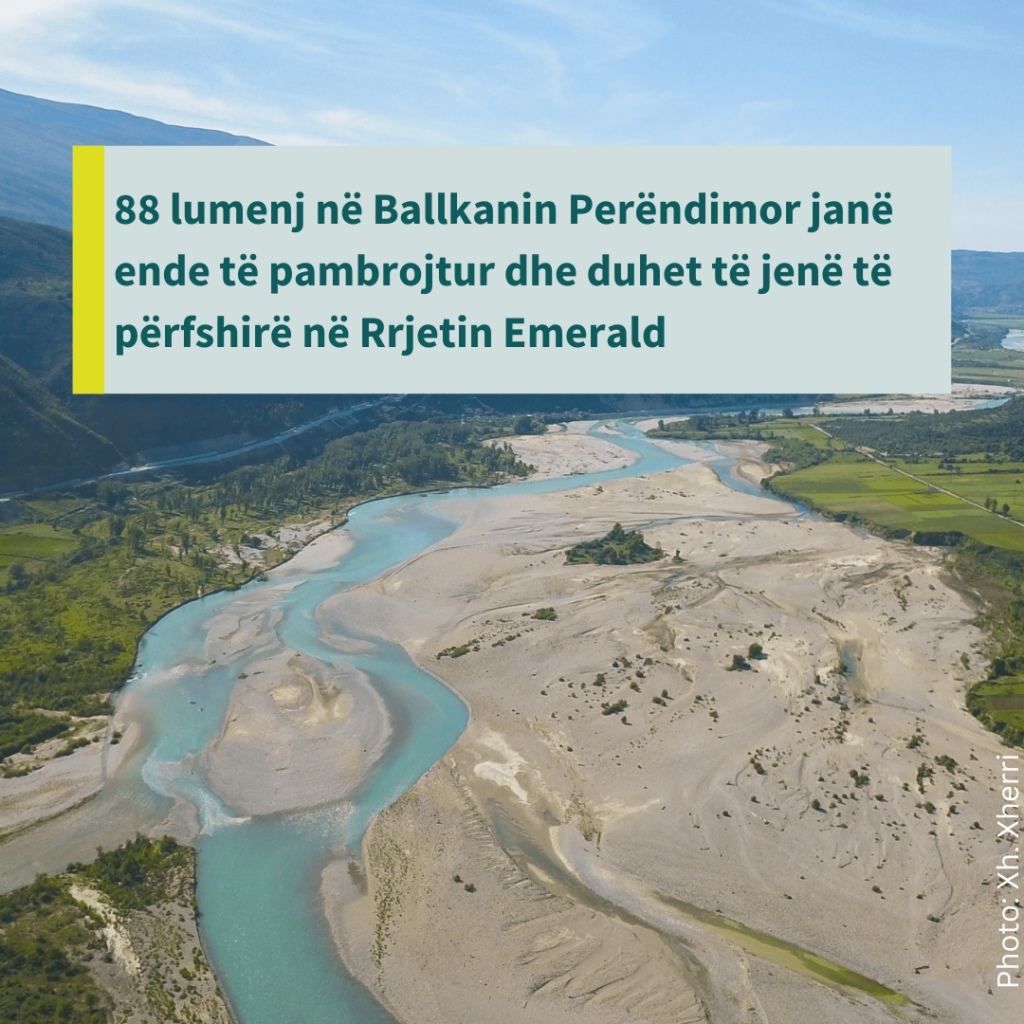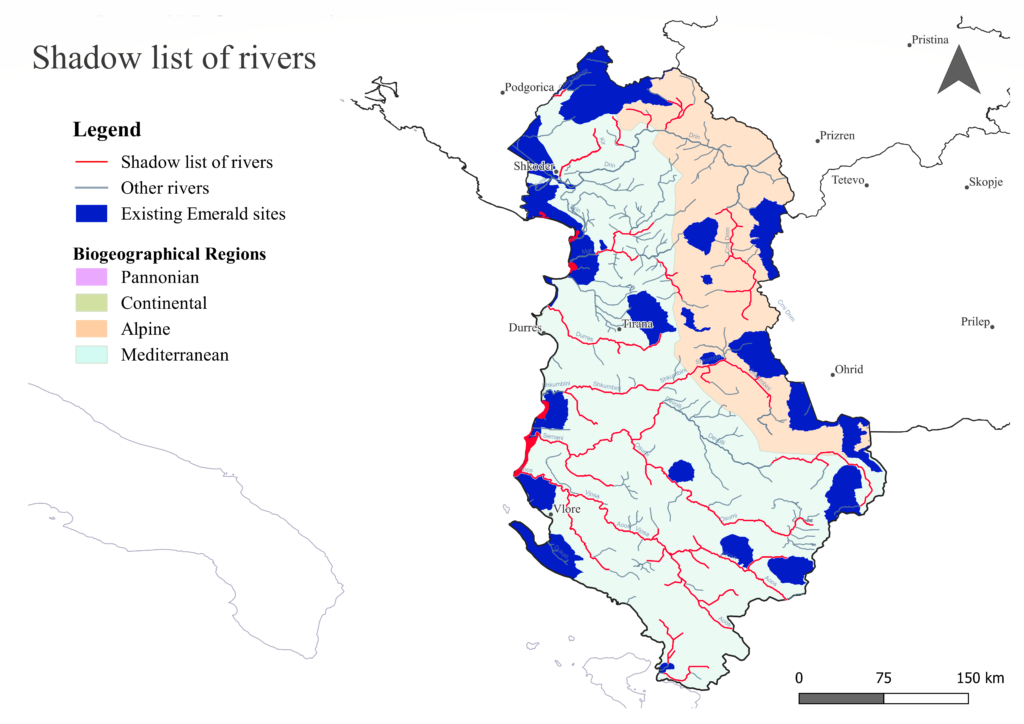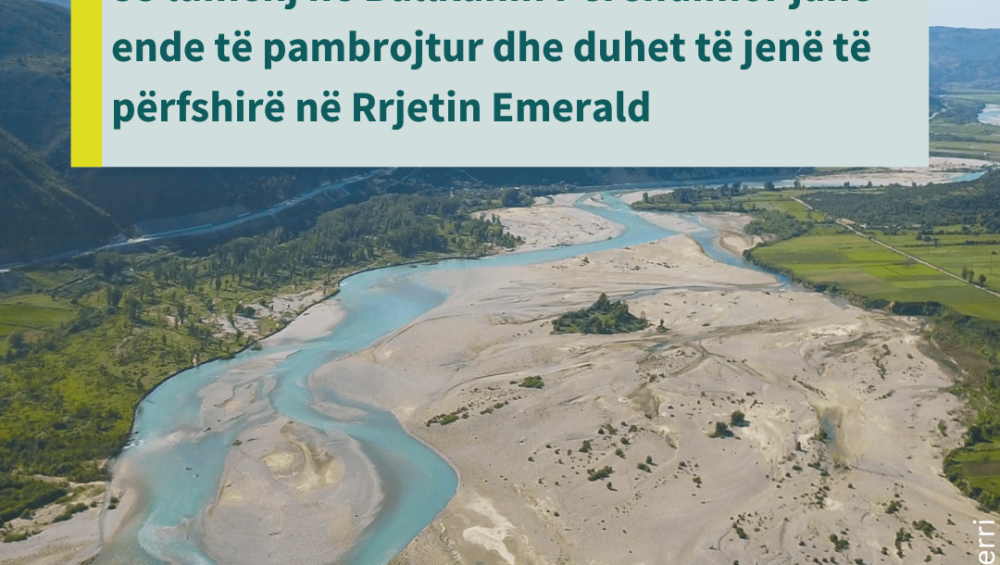In 2011, Western Balkan countries proposed a small number of sites as part of the Europe-wide Emerald Network of protected natural areas. But too many of the region’s stunning rivers have been left unprotected – and a new proposal aims to rectify this.
Today, a group of scientists and non-governmental organisations from 11 countries have published a list of 88 rivers they consider high priority for protection, urging Western Balkan Bern Convention signatory countries to expand the Emerald Network in the region.
Established by the Council of Europe in 1989 under the Convention on the Conservation of European Wildlife and Natural Habitats (Bern Convention), the Emerald Network is made up of areas of special conservation interest to conserve wild flora and fauna in their natural habitats.
As signatories of the Bern Convention, Albania, Bosnia and Herzegovina, Montenegro, North Macedonia, and Serbia started the establishment of the Emerald Network in 2011, when they proposed a small number of sites. However, since then none of the countries have expanded their original list of sites, most sites lack legal protection under national law, management, consistent data collection, and resources, leaving most rivers and fish populations unprotected.


The list of rivers published today comes from the Emerald Green workshop organized by the CEE Bankwatch Network in December 2022, where participants provided scientific data on fish species and habitats.
As a global biodiversity hotspot, the Western Balkans boasts exceptional freshwater diversity. The mountains, rivers, lakes and extensive coastlines of the region are home to many endangered species and important habitats with many endemic species found nowhere else. Compared to the rest of Europe, most of the region’s rivers are in good or intact condition and many are ideal candidates for protection, as recognized by the priority list published today.
“Rivers in the Balkans are among the most threatened ecosystems and at the same time they represent hotspots of biodiversity. Therefore, it is worth including them in a legally protected network”, adds Olsi Nika, Executive Director of EcoAlbania.








